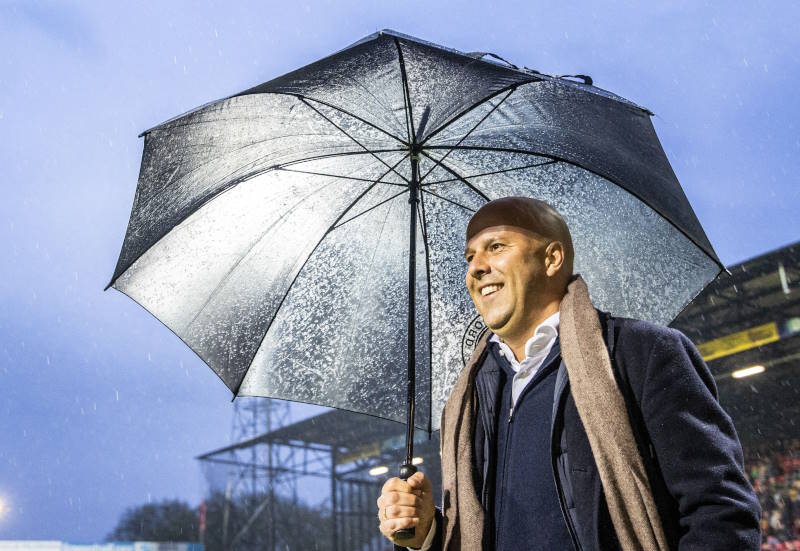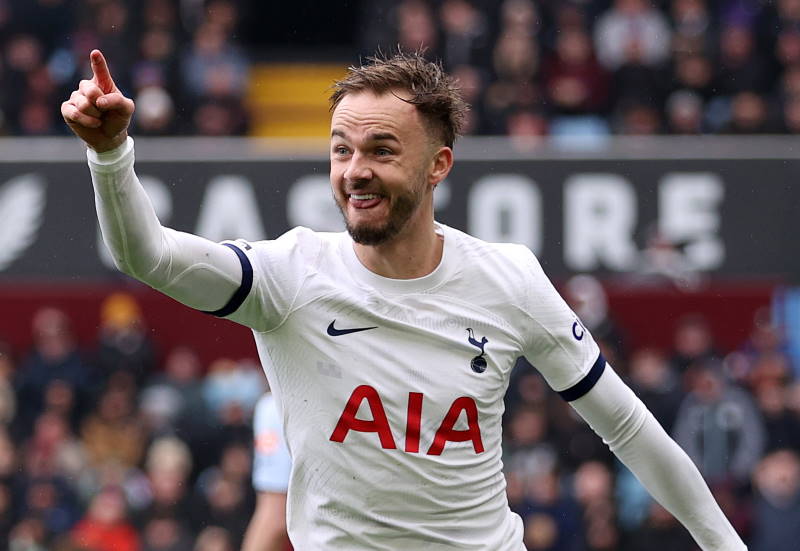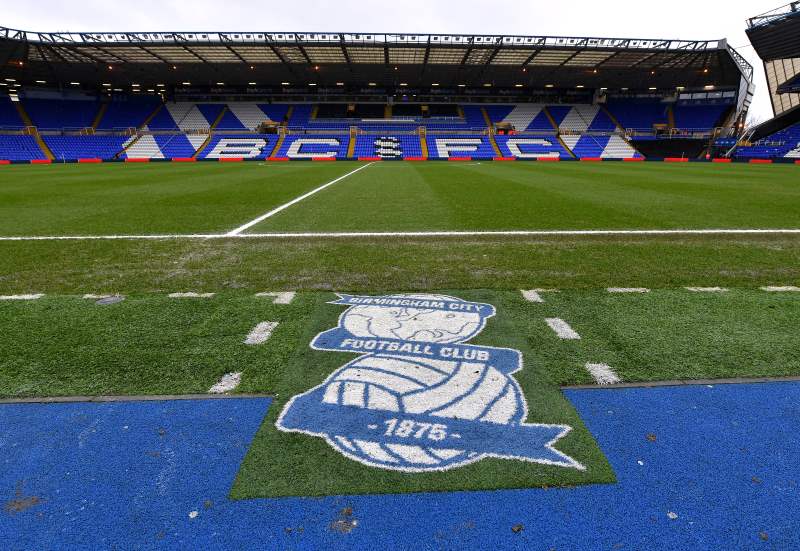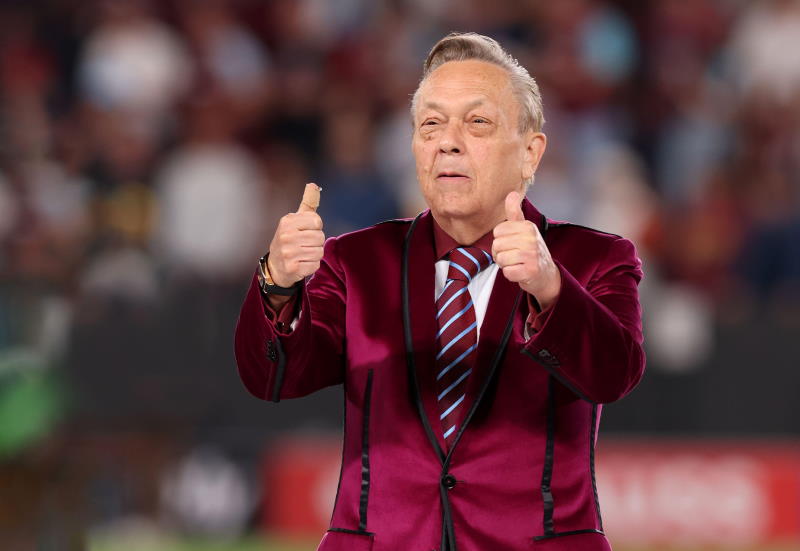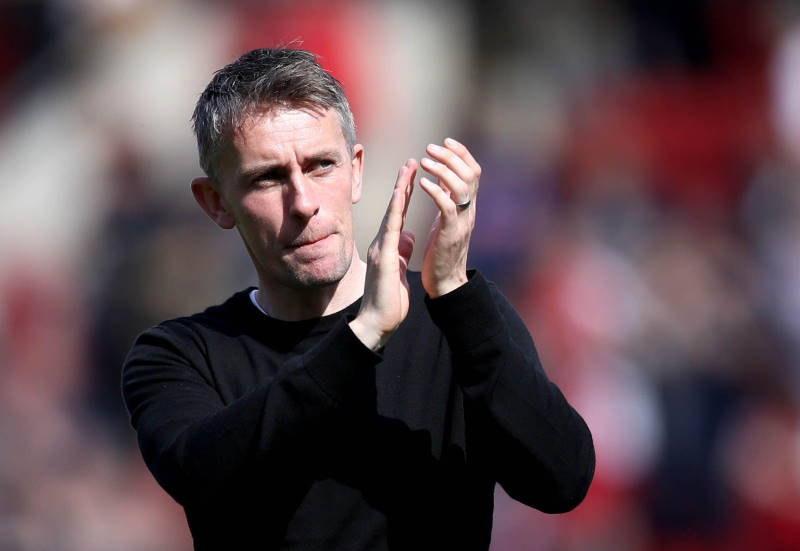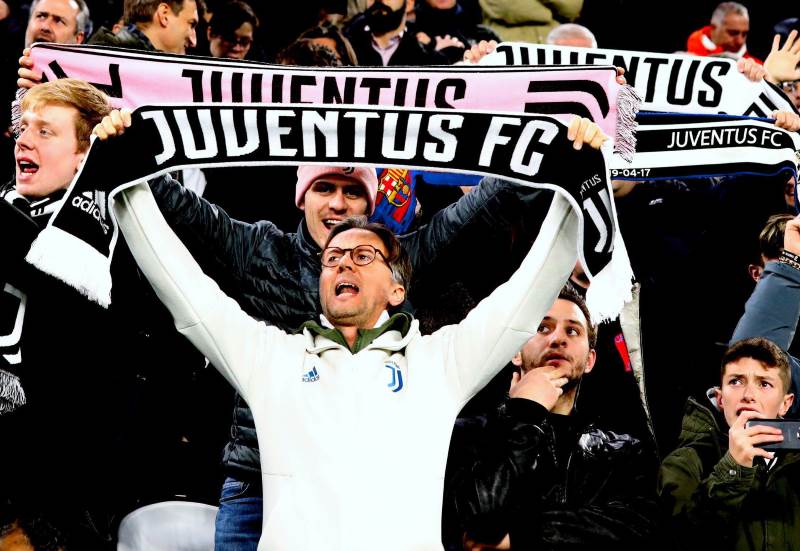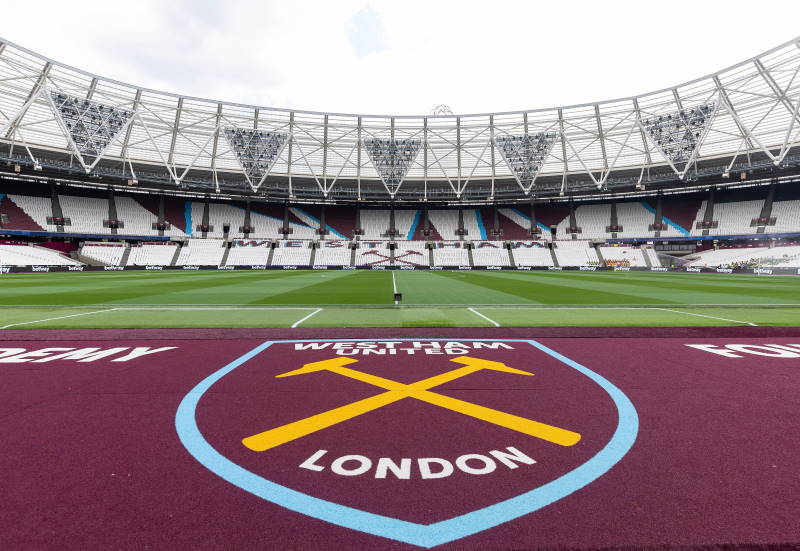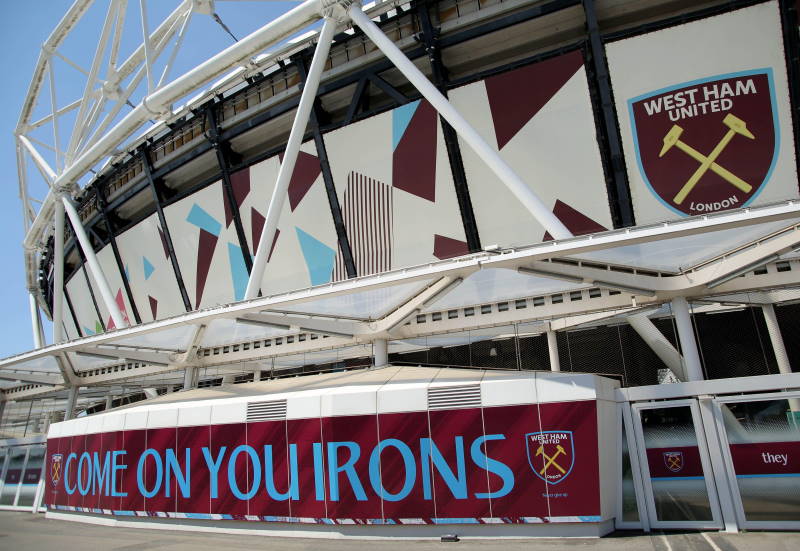Phillip Buckley
Walter Zenga is a legendary name in football circles, a goalkeeper to be placed up there with the very best of them. With cat-like reflexes and a fierce will to win, Zenga was a fixture in the Italian top flight from 1982 to 1996 (the majority with Inter Milan, 1982-1994). Add to that an impressive 58 caps for the national side and the accumulation of medals, honours (IFFHS World’s Best Goalkeeper 1989-91, UEFA Goalkeeper of the Year 1990), even records, such as not conceding a goal in a World Cup tournament for 518 minutes and it’s clear he is a great of the game.
When it comes to experience and time at the very top Zenga is hard to beat and was tipped upon his retirement to become a successful coach. Even the job of national team coach was half-expected at some stage. Yet Walter Zenga is struggling to find his way in the managerial world and has flitted around clubs like his countrymen flit around women. Since taking his first coaching job in 1999 he has never managed to last more than two seasons in charge of a club and even when he did see out a second year it was a solitary occasion.
Zenga began where many other careers end, the
In 1999 Zenga took the position of player-coach at the Revolution and fans were wildly optimistic that such a renowned figure could make them genuine contenders for the MLS title. Despite continuing his good form between the sticks (clocking up another 25 appearances) things on the bench were not going so well. New England were performing badly and when the dust settled were left looking at their worst ever season having managed to accumulate just 28 points. Zenga recorded just 12 wins to go alongside his 20 defeats and it was no surprise when the Revolution decided to dispense with his services.
Zenga decided to come back to
Here taking over a side that had finished 2nd in the previous season, Zenga lasted two years, the highlight being a Cup Final appearance in 2003. National unluckily went down 1-0 to local rivals Dinamo Bucharest in a closely fought contest.
Zenga’s performance had not gone unnoticed and at the end of the 2003-04 season giants Steaua Bucharest moved to appoint him as their head coach. Times were more difficult at Steaua and the expectation levels surrounding the club (former European Cup Winners in 1986) in another league to those over at National.
Heading towards the end of the 2004-05 season Zenga had Steaua leading the league table and had managed to guide them into last 16 of the UEFA Cup, no mean achievement for a Romanian side. But once Steaua hit a rocky patch (taking only 7 points from the last 6 league games to see their lead cut to 1 point), his employers showed little faith in him and after a defeat to, ironically, his former club National, Steaua owner Gigi Becali sacked him.
The next stop on Walter’s journey was another Eastern European team. Again this surprised a great many people who had tipped him to return home after several years abroad. In the summer of 2005 he joined another former winner of the European Cup, Red Star Belgrade. Here Zenga continued to add to his growing reputation by leading the side to the Serbian double (league and cup) in his one year in charge.
The obvious question to ask is why did Zenga’s Serbian journey end after just one year with Red Star, and such a successful year at that. Well, it wasn’t his decision to leave, rather off-the-pitch matters made it inevitable. Quite simply, Zenga’s wife gave an interview in which she spoke disparagingly about the Serbian people and life in
The Italian’s next move was to an arguably even more passionate football country than his homeland,
Still further eastwards Zenga travelled for his next job, being lured by the oil money of the
Al Ain are the most successful side in the United Arab Emirates and also have a fine record in Asian continental competitions having won the Asian version of the Champions League in 2001. Here Zenga was following in a tradition of foreign coaches to have taken the reins (Anghel Iordănescu 2001, Bruno Metsu 2003, Alain Perrin 2004 and Winfried Schäfer 2005). That Zenga was headhunted by the Arabs says much for his reputation at this point in his career.
As you might expect, when paying the amount of money Middle Eastern sides do, Al Ain’s expectations, like Steaua’s, were sky high. Unfortunately Zenga tripped up here in the blistering heat of the Arab desert and Al Ain sacked him after the same amount of time he had lasted in Turkey, 5 months.
It’s doubtful Zenga would have lasted more than a year in United Arab Emerati football even had he not been sacked. Coaches rarely clock up long stints in such an enviroment. Their bank balances thank them for the move, but their hunger and passion for the game is all too often killed, if not by the searing heat then by the barely ¼ full stadia greeting their efforts.
The search for stability took the Italian back to where he’d been most happiest as a coach, Romania, and in September 2007 Zenga was appointed coach of Steaua Bucharest’s arch rivals, Dinamo Bucharest.
Here his recent unfortunate coaching run was to continue and with Dinamo lying 6th in the league in November, Zenga began to become disillusioned with Romanian football. As in his last spell in Romania, defeat against the side he last managed was the catalyst for the decision to resign. A fierce local derby against Steaua ended 1-0 and Zenga had had enough, telling reporters “It’s easier to fire a coach rather than 30 players”. He then spoke of his desire to leave Romanian football for good, “I’ve failed to do well at Dinamo, this has made me abandon the idea of continuing in Romanian football in future”.
So where next for Walter Zenga?
Rumours recently have had him applying for coaching jobs in England, at amongst other places Swindon Town. It would be sad to think that a coach who has shown so much potential would be forced to step down to such a level, but perhaps he is so desperate to work in English football he will take any chance offered. Maybe the reputation English clubs have for affording their managers time (a reputation being eroded by the year) in stark contrast to continental sides appeals to Zenga.
There is no doubt that Walter Zenga has shown himself to be a promising coach. The one thing managers always say they need is time, and this is exactly the one thing Zenga has had very little of. Yet despite this, despite 8 clubs in 8 years as a coach, he’s managed to lead Red Star Belgrade to a double, helped National Bucharest to compete with the big boys and had Steaua progress to the last 16 of the UEFA Cup along with keeping them at the top of the table with three games to play (when he was sacked the club held onto their first place and won the Romanian League).
Walter Zenga’s search for stability continues and he must make the right choice when he once again takes his place in the dugout. Gaziantepspor and Al Ain were distasters, Dinamo Bucharest, well, maybe he shouldn’t have been so hard on himself and kept plugging away.
Zenga’s stated dream is “to return to Inter (Milan) on the bench”. He has shown he has the potential to aim for such a goal, let’s hope he’ll find the right stage to fulfil it.

